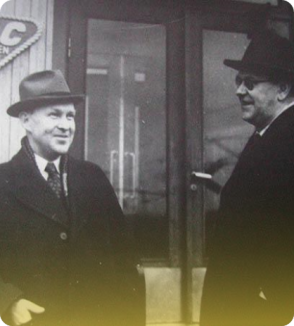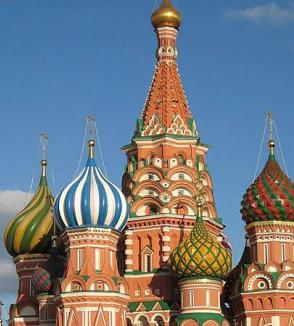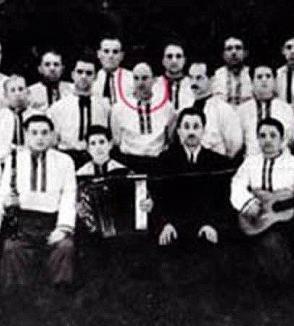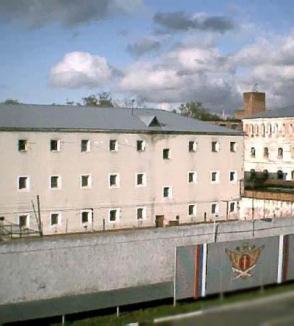
1964
Swedish Prime Minister, Tage Erlander, turned down an offer from the Soviet Union KGB to trade Raoul Wallenberg for Soviet spy Stig Wennerstrom then in prison in Sweden. The offer was confirmed in 1991 by the participants, Otto Danielsson and Carl Persson of the Swedish Government and the go-between with the Soviets, Carl Gustav Svingel, who lived in Berlin. The seriousness of this proposal was also confirmed by the late Swedish Prime Minister, Tage Erlander. When Svingel asked his Soviet counterpart if Wallenberg lived, he was informed that "We usually don't negotiate about dead people."

MAY 1, 1978
A young Soviet Jewish immigrant to Israel, who wished to remain anonymous due to family in the Soviet Union, tells of a party at the Moscow home of a senior KGB officer: "Much vodka was drunk and the younger men at the party began to speak of dissidents and the rough time they must have in prison. The KGB officer said, "don't you believe it; things aren't so tough as they used to be. Why I have a Swede under my charge in Lubyanka who's been inside for over 30 years!" The young Russian heard of Wallenberg in Israel for the first time and filed a report at the Swedish Embassy in Israel.

DECEMBER 12, 1952
Rudolf Hendrich-Winter von Schwab gave a statement to the Swedish Government on July 2, 1964 about his imprisonment with Wallenberg in the special political prison in Warchne-Uralsk in the South Urals. Wallenberg told him that he was a Swede and had been imprisoned “since 1945 under Saotschno" (secret judgment from Moscow, no appeal)". Von Schwab met Wallenberg again in mid September of 1953 in a sick cell where Wallenberg stated that he had been operated on in "Magnitka" and had lain there for about eight weeks of convalescence alone.

JULY 17, 1947
The Russian official report stated that on July 17, 1947 Raoul Wallenberg died of a heart attack at age 34. However, on August 1948, more than one year later, a Swissprisoner named Brugger in the Corpus II hospital block of Vladimir Prison, ‘talked’ by tapping code on his cell wall. "The Swede in the next cell identified himself as Wallenberg, First Secretary Swedish Legation, Budapest, 1945. He asked Brugger to contact any Swedish embassy or consulate and report this information, if he ever was released.